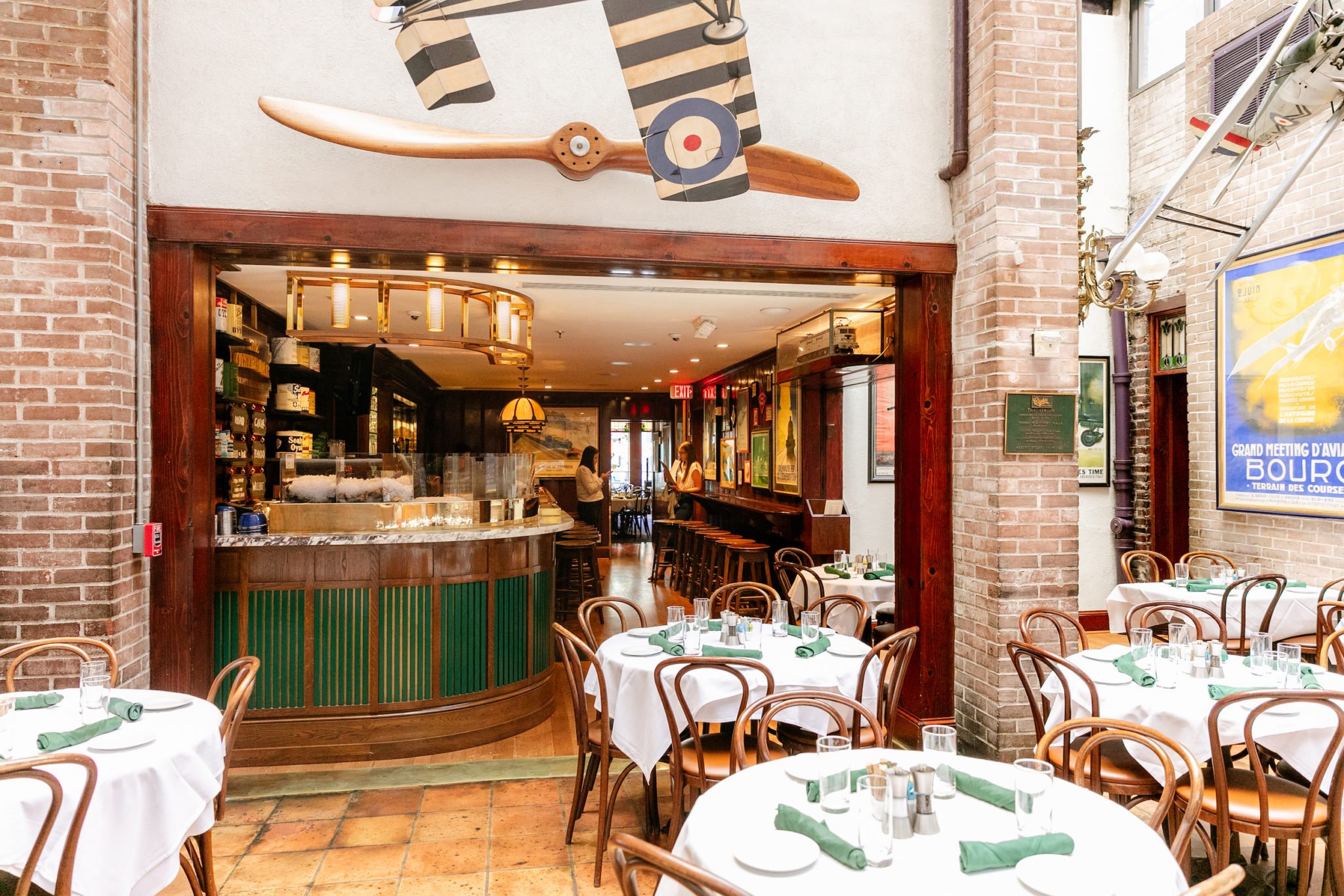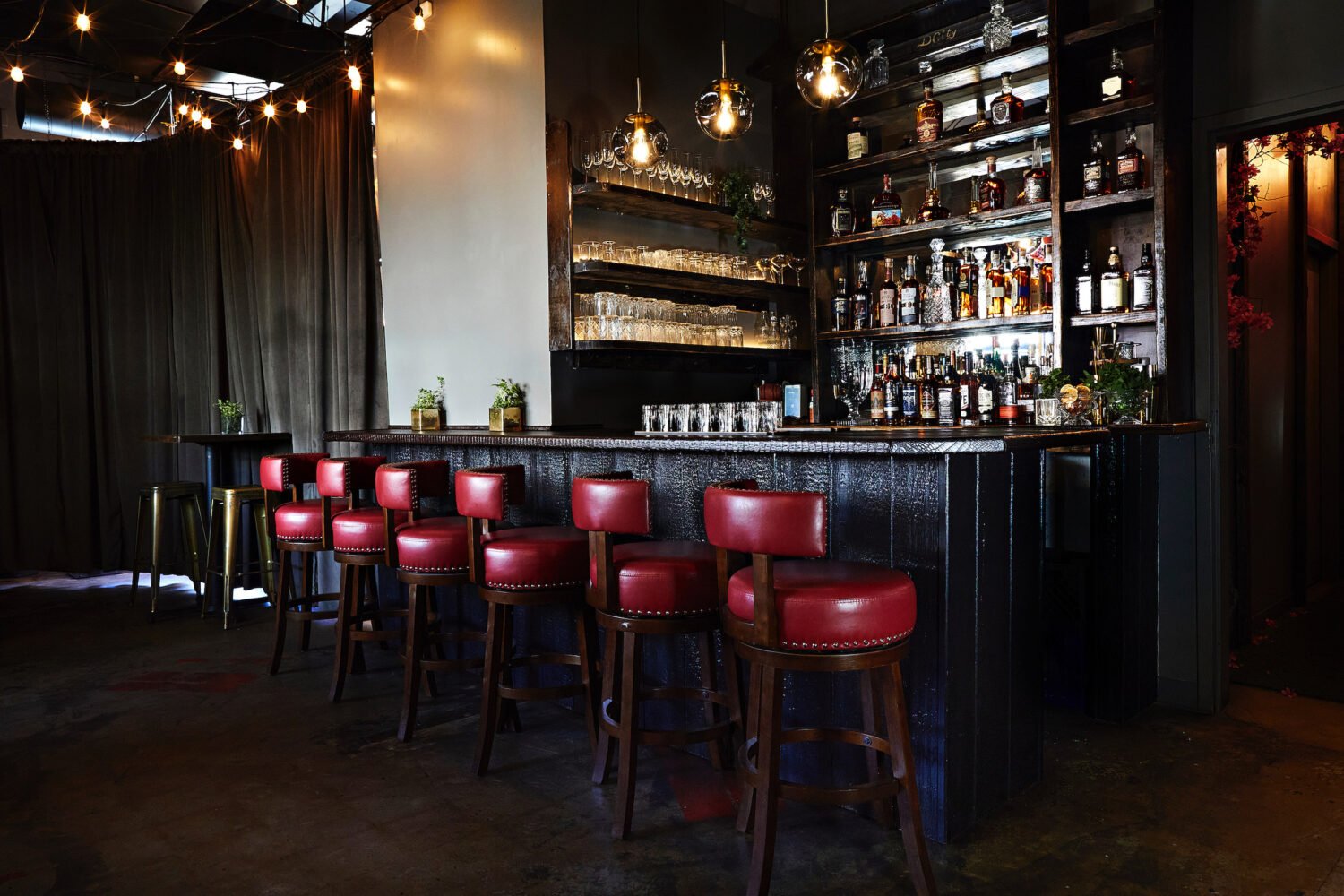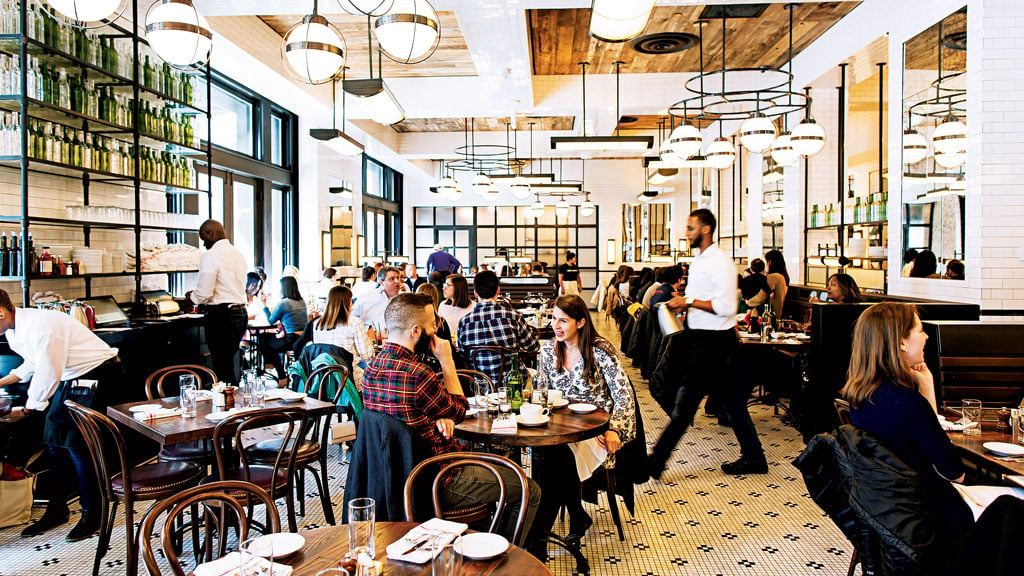Battles over restaurant fees escalated last fall when Travelers United, a DC-based traveler advocacy non-profit, sued Clyde’s Restaurant Group for unfair and deceptive advertising. The group alleged that a 3.75 percent “2023 surcharge” on the menu at all Clyde’s restaurants—which include Old Ebbitt Grill and 1789—violated DC’s consumer protection laws. Clyde’s, meanwhile, argued that its fee was compliant with the DC Attorney General’s recent guidance on transparency for restaurant fees—and slammed Travelers United for going after an industry doing its best to navigate rising costs and Covid recovery.
Now, Clyde’s has dropped its menu surcharge, and Travelers United has dropped its lawsuit. “We had not intended to renew the surcharge at end of 2023 for some time,” Clyde’s Restaurant Group President John McDonnell says in a statement. He declined to comment further on the lawsuit.
Travelers United counsel Lauren Wolfe previously told Washingtonian that the primary goal of the lawsuit was just that—to get Clyde’s to drop what she called a “junk fee.” “This is not a fee that pays for staff. This is not a fee that pays for any sort of service or extra food. This is simply a fee so that they can lie about the advertised price,” she said.
The group also hoped to send a wider message to other restaurants that they need to remove “fees for nothing,” and just raise prices. “That is not just what consumers want, it’s the law,” Wolfe said.
A note previously on the menu of Clyde’s restaurants’ read: “Our restaurants have been operating with extraordinary increases in the cost of doing business. High inflation, rising wages and supply chain challenges have continued beyond the pandemic creating a difficult operating environment. We have reluctantly chosen to implement a separate 3.75% fee for 2023 with the hope that it can be eliminated in the future as conditions improve.”
McDonnell previously said that it was a “coin toss” whether to deal with “huge inflationary spikes” by raising prices or by adding the surcharge. Ultimately, they opted for the latter because they hoped it would be a temporary measure. When the complaint was filed in November, McDonnell said Clyde’s had already been leaning toward removing the surcharge and that the lawsuit wouldn’t impact the decision either way. “On behalf of those restaurants who don’t want to roll over, right now, we’re still inclined to fight it,” he said at the time.
Travelers United has previously sued several hotels for alleged “drip pricing”—the advertising practice of promoting a lower price with hidden add-ons. The Clyde’s lawsuit was the first they’d filed against a restaurant—but it likely won’t be the last. The group is actively putting more cases together now.
“Travelers United plans to sue more DC restaurants that have deceptive pricing until this trend of hidden fees at DC restaurants ends,” Wolfe says.















